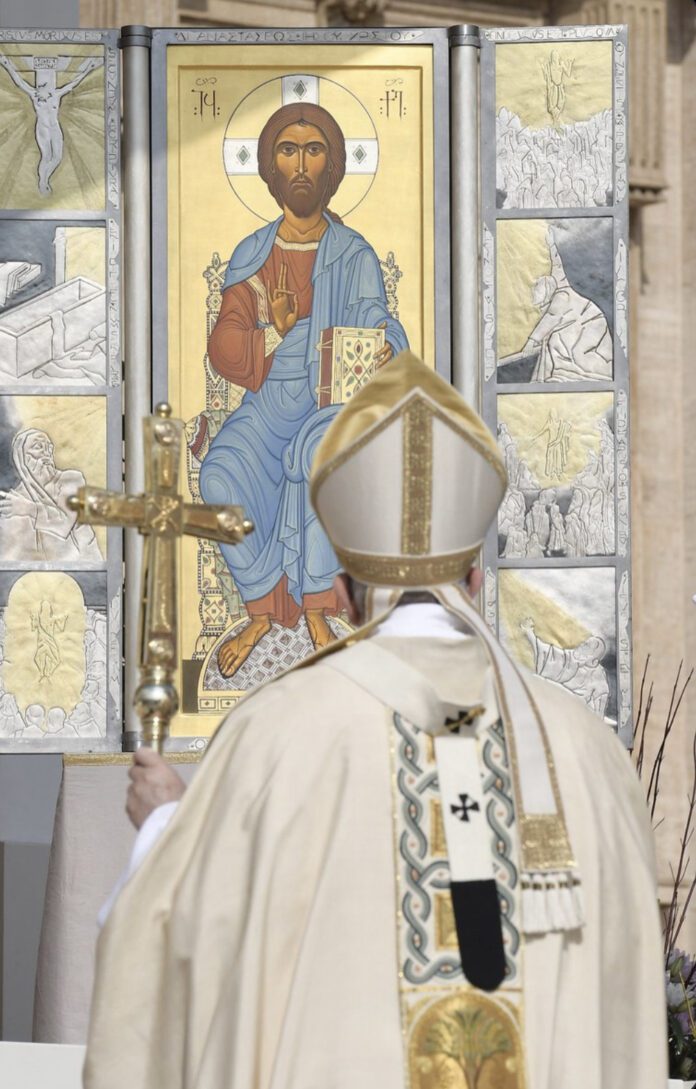
The Pope recently dedicated two separate dates, Oct. 17 and Oct. 27, as days of fasting, prayer and penance for an end to the war in Israel. “I urge believers to take only one side in this conflict,” Pope Francis said on Oct. 18, “that of peace.” Yet so many conflicting responses follow this: an impassioned diatribe or an unconcerned dismissal.
What is our moral role as Catholics in this conflict? What should our personal involvement be as Americans? I’m not saying you shouldn’t have your political beliefs, I’m just saying your Faith should not be shut aside as you stand up for these beliefs. What do these days of fasting and prayer even have to do with the war in Israel? And what do they have to do with me?
Catholics are used to fasting on Ash Wednesday and Good Friday, but it seems too often to be something we dread, something we are glad to be over so we can get to Easter and the feasting. What, then, does it mean to fast when there isn’t a feasting goal in mind? What does it mean to put yourself through discomfort not only because it is “required” as a Catholic, but instead because it is being asked of you for the sake of another?
We sometimes doubt our prayers and our suffering, wondering what benefit this really has for the lives of those suffering through war thousands of miles away. Fasting, however, is an everyday sort of martyrdom, a choice to die to yourself and live for another in love, subjugating your personal desires to a greater desire for the good of another.
Yes, we are distant from the war, and even from the great suffering of others in general. Our own struggles consume our vision until we don’t have the time and energy to think about things happening far away from us. But perhaps there is something about fasting that can relieve this distance.
Pope Francis extended this invitation of fasting, penance and prayer beyond those of the Catholic Church. He asked for people of different denominations and religions to join in these penitential days as they deem appropriate, extending, in a rare moment, the usually private prayers of Catholics to a truly universal plea.
As you fast throughout the day, a subtle hunger, constant enough to continuously have your attention, is a reminder to pray, to meditate, to offer up your life to the Lord. It is joining in another’s suffering (even if our hunger is comparably a small suffering) as well as joining in the suffering of the Lord.
This simple act of fasting, this small but intentional sacrifice and prayer is enough to transcend time and space, binding us together in our shared humanity. Furthermore, it is an effort to join in the suffering of Christ, sacrificing our comforts and temporal affections for the desire of greater things, such as peace.
St. Athanasius says “to fast is to banquet with angels.” In the sacrifice of fasting, we are abandoning the temporal to reorient ourselves to the divine. I encourage those reading this to continue offering sacrifices for those dead or displaced as a result of this war. Continue to fast from the unnecessary excesses of your everyday life in the hope that soon there may be a spiritual feast of peace.